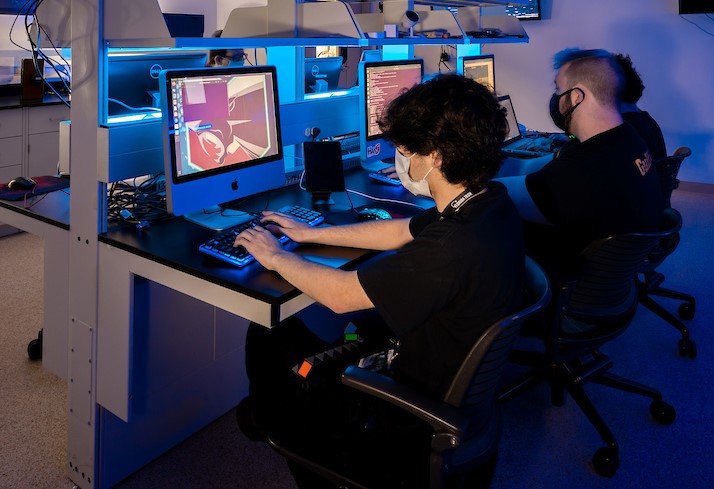Document Type
Conference Proceeding
Publication Title
Proceedings of SPIE - the International Society for Optical Engineering
Abstract
Video encoding and streaming over wireless ad hoc network operates under severe conditions, such as time-varying channel characteristics with bursty errors, limit power for data transmission, and dynamic topology of the self-organized network, stringent time delay for packet delivery, etc. Due to the dynamic topology, complex mechanism, and time-varying nature of the wireless ad hoc network, the network system and the streaming service often exhibit unpredictable behaviors. The ultimate goal in the wireless video streaming service is to provide the end user with the best possible video presentation quality. The video streaming quality, often measured by the end-to-end picture distortion, is affected by the scene coding characteristics S of the input video, and the configuration of the network parameters N which includes bandwidth, transmission power, bit error ratio, delay, etc. This brings up the following important and challenging issue: given an input video with scene characteristics S and a network configuration N, what is the average video streaming quality the receiver could expect the system to provide. To address this issue, in this work, we examine the behaviors and constraints of the major components in the streaming system, and propose an across-layer framework to model, control, and optimize the end-to-end video streaming quality.
First Page
996
Last Page
1006
DOI
10.1117/12.527240
Publication Date
1-18-2004
Recommended Citation
He, Z., & Chen, C. W. (2004). Effective quality analysis for video streaming over wireless ad hoc network. Paper presented at the Proceedings of SPIE - the International Society for Optical Engineering, 5308(PART 2) 996-1006. doi:10.1117/12.527240



